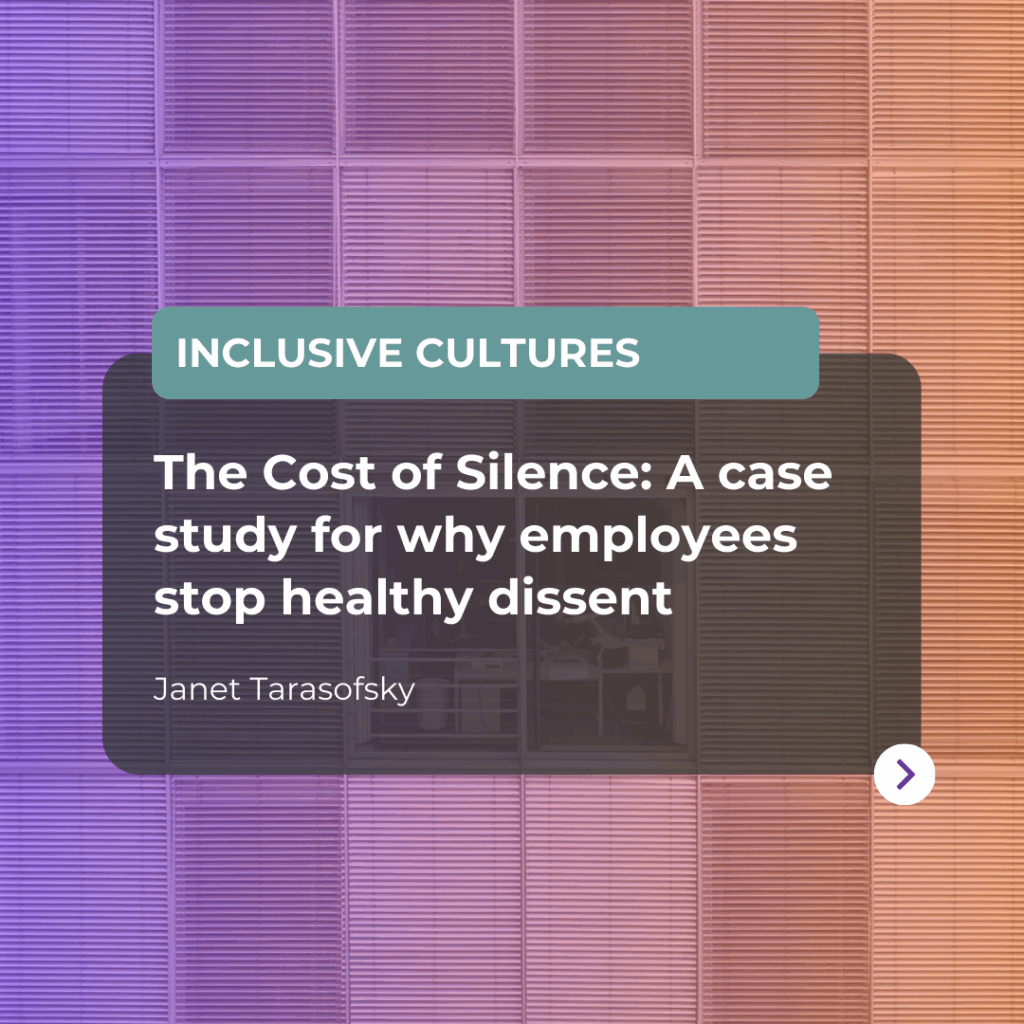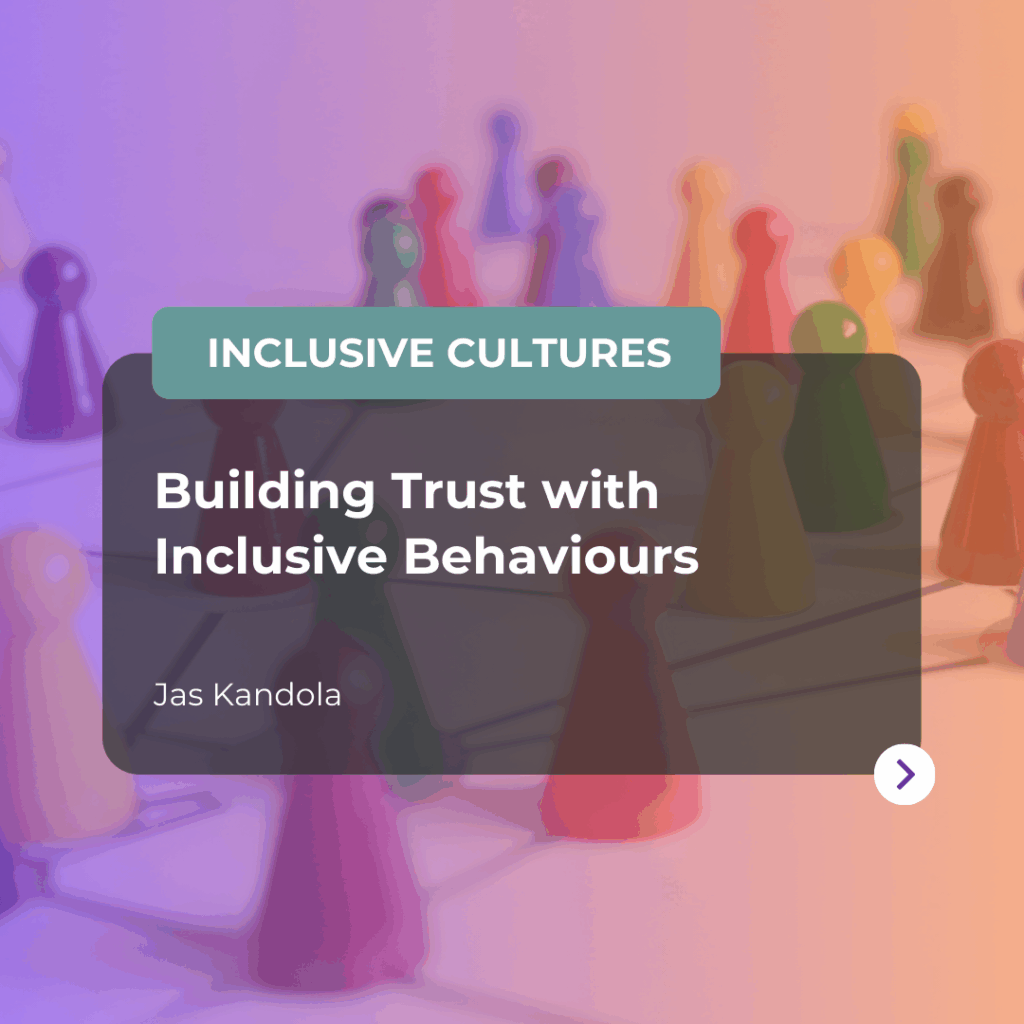Much like money or politics, religion is a topic that many of us are brought up believing we shouldn’t discuss. In the workplace specifically, while a person of faith is perfectly within their rights to speak about their beliefs, it’s not unusual to feel that it would be unwise or even unprofessional for them do so.
What’s interesting about this sentiment is that it’s felt by people on both sides, albeit for very different reasons. For non-believers, there may be a sense of discomfort when their religious colleagues speak about their faith; a feeling that perhaps they are being judged or looked down upon for not being religious themselves. For those who do have faith, there’s often a fear that they may be treated or thought of differently if they choose to express that side of themselves.
The problem with this mindset is that for someone who has faith, it is a crucial part of their identity. By feeling that they can’t talk about it, they’re having to suppress that side of themselves, and by not feeling able to bring their whole selves to work, they won’t be as content or as productive in their role. But the ultimate irony here is that, in the Pearn Kandola Religion at Work Report 2023, we have found that when people speak openly about religion it reduces bias and creates happier, more productive teams.
So it isn’t a case of whether we’re allowed to talk about religion. We need to talk about it. The real questions are when and how we should be going about it in order to achieve success.
How should we talk about religion at work?
In any organisation, people should feel respected, valued and included. This should be the crux of any conversation about religion, and needs to be considered by believers and non-believers alike.
For instance, I’ve been in situations where it’s been suggested that we deal with a problem by praying, or it’s been said that God has guided someone to make a decision about another member of staff. This kind of discussion, whereby we are actively involving others in our beliefs, isn’t appropriate in a workplace setting. But for someone who has been asked about how they spent their weekend, and who wants to answer honestly that they were at church, they have every right to do so without fear of being judged. The same goes for someone who wants to explain why they might be fasting or speak about why a certain religious event is important to them. It’s simply sharing information. It also means that colleagues should be able to wear symbols and clothing that reflect their religion without being criticised.
These examples might sound trivial, but I have spoken with senior members of respected organisations for whom sharing such details is a genuine concern. These are real fears experienced by people of faith, and yet it’s this kind of discussion – what we’re up to and the things that are important to us – that will help to reduce bias and combat stereotypes.
What can we achieve by talking about religion at work?
People are at their best when they can bring their true selves to work. By feeling we can speak about our experiences, we’re happier, more productive and enjoy a greater sense of wellbeing.
When people of faith worry about sharing their beliefs, they’re worried about how their colleagues will see them, and fear facing judgement and exclusion. They’re constantly grappling with whether to conceal or reveal their faith, and as long as they feel this way, they aren’t enjoying the benefits the rest of us are feeling by expressing our true selves.
But it isn’t just personal wellbeing that stands to improve. Our research has found that talking about religion can actually have a positive impact on our relationships with our colleagues. Within inclusive organisations, we have seen that people of faith are often met with openness when they speak about their beliefs. Colleagues are interested in learning more, they offer support and encouragement, and enjoy better awareness and understanding of any accommodations that might be needed around festivals or events. Over time, and as a result of this process, relationships within teams actually improve.
So beyond the simple question of whether someone is within their rights to talk about their religion, our research has shown that it’s actually incredibly important. If we can do so in a positive way, speaking about our beliefs will help to nurture a happier, healthier and more productive workforce.
Why we need to talk about religion
We need to talk about religion. By not doing so, it will only continue to be a taboo conversation.
When it comes to the workplace, our priority should be to make sure everyone feels included, and that through our behaviour we don’t exclude or undervalue other people. If a religious colleague is trying to pass judgement on a non-believer, they are undervaluing them. But by the same token, to not let someone speak about their religion, and by extension asking them to suppress that part of their identity, is to undervalue them.
So there’s a balance that needs be struck in terms of allowing people to talk about themselves, and express why their faith is important. Finding that balance might not always be straightforward. But if we can achieve it, the benefits will be significant.
For more information, or to learn how your organisation can become more religiously inclusive, the Pearn Kandola Religion at Work Report 2023 is available to read in full here, and you can email us on info@pearnkandola.com to learn about our training options for religious inclusion at work.






